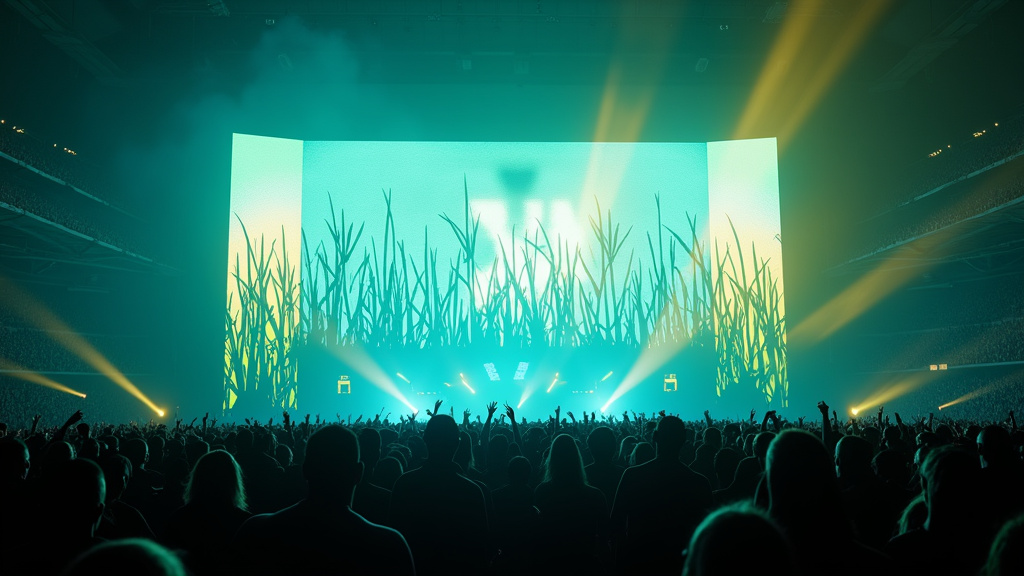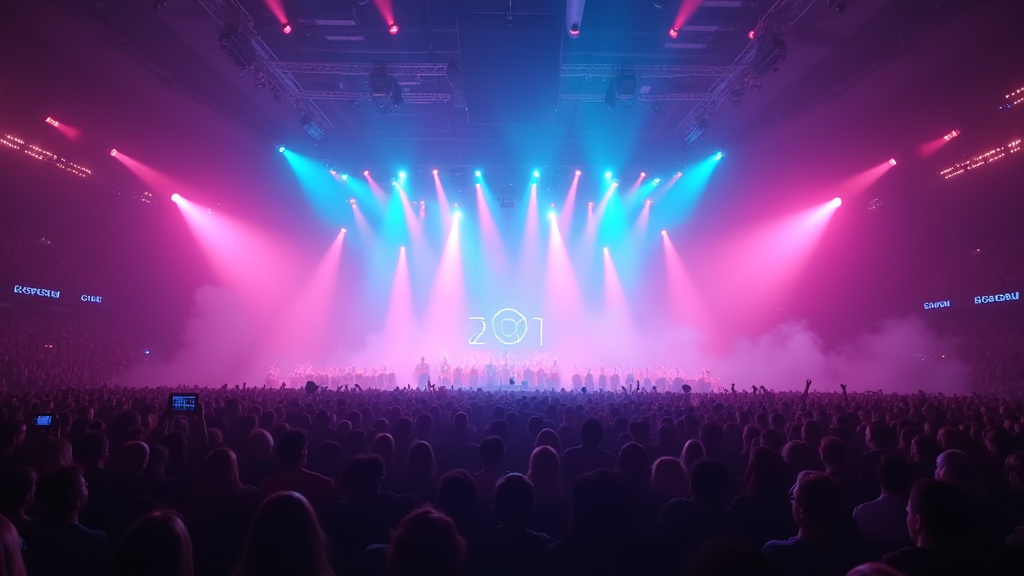The AI Music Revolution Hits Full Stride in 2025
As mid-2025 arrives, the global music industry finds itself at an unprecedented crossroads, navigating an intense period of experimentation, negotiation, and reflection. This transformative era is largely driven by the explosion of AI-generated music, a phenomenon rapidly reshaping how music is created, distributed, and valued.
This technological surge is not merely pushing the boundaries of digital innovation; it is simultaneously forcing profound legal and philosophical debates that question the very nature of art itself. Experts suggest that the path forward for the industry will require a future where humans and algorithms must find a way to harmonize their creative and commercial interests.
Key Tools Powering the Transformation
The rapid proliferation of AI-generated music in 2025 is being fueled by increasingly sophisticated and accessible tools. Among the most prominent platforms contributing significantly to this trend are Suno AI, Udio, and Boomy. These tools leverage advanced artificial intelligence models to enable users—from seasoned musicians to absolute beginners—to generate music from simple text prompts or other inputs, dramatically lowering the technical and financial barriers to music creation.
The ease and speed with which these platforms can produce audio output have directly contributed to the sense of an “explosion” in AI music, flooding digital platforms with vast quantities of algorithmically created tracks.
Industry Giants Adapt to the New Landscape
Major players within the traditional music ecosystem are actively adapting to this seismic shift. Streaming giant Spotify, for instance, has articulated a clear position on the integration of AI-generated content. Speaking in late 2024, Spotify Co-president Gustav Söderström publicly stated that the company welcomes legally produced AI music onto its platform.
Söderström framed AI not as a threat to creativity but rather as a powerful tool to amplify creativity and significantly reduce barriers to music creation for a wider audience. This stance by one of the world’s largest music platforms signals a willingness by established industry forces to integrate AI, provided the content adheres to evolving legal and ethical standards.
Navigating Legal and Ethical Minefields
Despite the enthusiasm for AI’s creative potential, a significant legal and ethical challenge persists: the controversial practice of training AI models on vast datasets of existing music—often the copyrighted works of human artists—without explicit consent or compensation to the original creators and rightsholders. This issue sits at the heart of ongoing legal challenges and the broader philosophical debates about originality, attribution, and the value of human artistic labor in the age of algorithms.
Artists, record labels, and publishers have voiced strong concerns over the uncompensated use of their catalogs to train AI systems that could potentially generate music competing with their own work. This tension has been a central point of contention as the industry attempts to define the rules of engagement for AI.
Towards a New Licensing Paradigm
Amidst the legal disputes and ethical considerations, signs have emerged in 2025 of potential pathways forward. Rumored settlement talks in 2025 suggest a possible future norm wherein AI companies may begin to pay music rightsholders for catalog usage. This model would parallel existing licensing frameworks where entities that utilize musical works commercially—such as radio stations, streaming services, and performance venues—pay fees for the right to access and use copyrighted music.
Establishing such a licensing structure for AI training data and output could provide a framework for compensating creators and rightsholders while allowing AI innovation to continue. Such developments could pave the way for the “harmonization” between humans and algorithms envisioned by industry observers.
The Ongoing Evolution
The situation in mid-2025 is characterized by rapid change and uncertainty, but also by significant opportunity. The interplay between technological advancement, legal precedent, and ethical consideration continues to evolve daily. The discussions around AI’s role are forcing a deep introspection across the music ecosystem—from how artists create to how their work is valued and compensated.
This analysis is based on information drawing from a range of respected industry sources, including publications such as Rolling Stone, The Guardian, TechCrunch, The Verge, MusicRadar, and Billboard, reflecting the widespread impact and discussion surrounding AI-generated music during this pivotal year.





